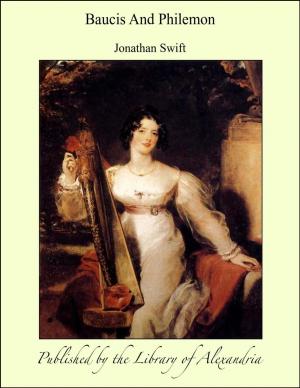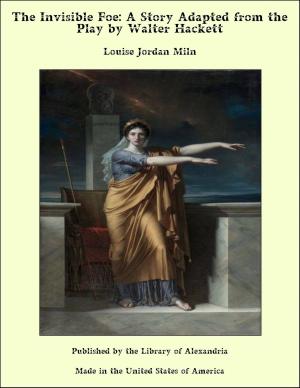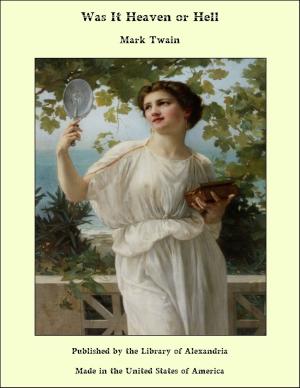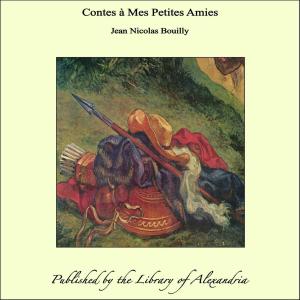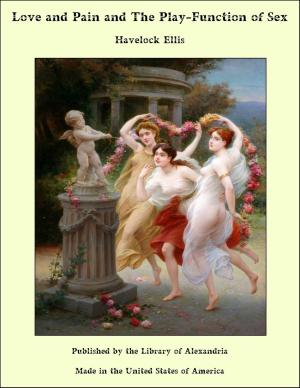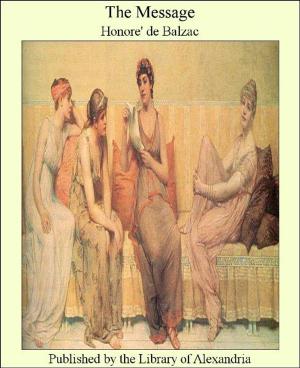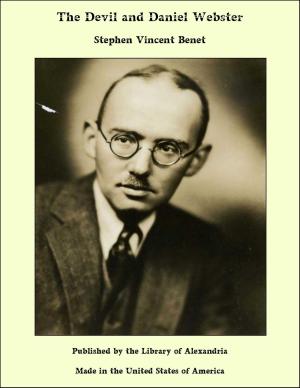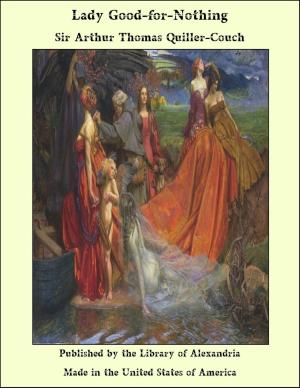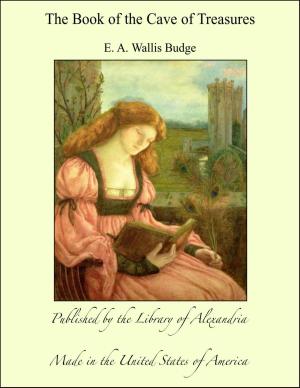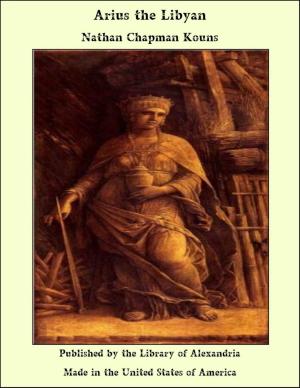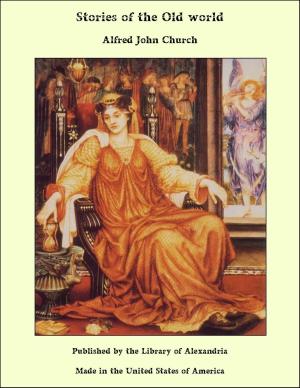Letters of Horace Walpole (Complete)
Nonfiction, Religion & Spirituality, New Age, History, Fiction & Literature| Author: | Horace Walpole | ISBN: | 9781465541499 |
| Publisher: | Library of Alexandria | Publication: | March 8, 2015 |
| Imprint: | Language: | English |
| Author: | Horace Walpole |
| ISBN: | 9781465541499 |
| Publisher: | Library of Alexandria |
| Publication: | March 8, 2015 |
| Imprint: | |
| Language: | English |
It is creditable to our English nobility, and a feature in their character that distinguishes them from their fellows of most Other nations, that, from the first revival of learning, the study of literature has been extensively cultivated by men of high birth, even by many who did not require literary fame to secure them a lasting remembrance; and they have not contented themselves with showing their appreciation of intellectual excellence by their patronage of humbler scholars, but have themselves afforded examples to Other labourers in the hive, taking upon themselves the toils, and earning no small nor undeserved share of the honours of authorship. The very earliest of our poets, Chaucer, must have been a man of gentle birth, since he was employed on embassies of importance, and was married to the daughter of a French knight of distinction, and sister of the Duchess of Lancaster. The long civil wars of the fifteenth century prevented his having any immediate followers; but the sixteenth opened more propitiously. The conqueror of Flodden was also “Surrey of the deathless lay”;[1] and from his time to the present day there is hardly a break in the long line of authors who have shown their feeling that noble birth and high position are no excuses for idleness, but that the highest rank gains additional illustration when it is shown to be united with brilliant talents worthily exercised. The earliest of our tragic poets was Sackville Earl of Dorset. The preux chevalier of Elizabeth’s Court, the accomplished and high-minded Sidney, took up the lyre of Surrey: Lord St. Albans, more generally known by his family name of Bacon, “took all learning for his province”; and, though peaceful studies were again for a while rudely interrupted by the “dark deeds of horrid war,” the restoration of peace was, as it had been before, a signal for the resumption of their studies by many of the best-born of the land. another Earl of Dorset displayed his hereditary talent not less than his martial gallantry. Lord Roscommon well deserved the praises which Dryden and Pope, after his death, liberally bestowed. The great Lord Chancellor Clarendon devoted his declining years to a work of a grander class, leaving us a History which will endure as long as the language itself; while ladies of the very highest rank, the Duchess of Newcastle and Lady Mary Wortley Montague, vindicated the claims of their sex to share with their brethren the honours of poetical fame. [Footnote 1: “Lay of the Last Minstrel,” vi. 14
It is creditable to our English nobility, and a feature in their character that distinguishes them from their fellows of most Other nations, that, from the first revival of learning, the study of literature has been extensively cultivated by men of high birth, even by many who did not require literary fame to secure them a lasting remembrance; and they have not contented themselves with showing their appreciation of intellectual excellence by their patronage of humbler scholars, but have themselves afforded examples to Other labourers in the hive, taking upon themselves the toils, and earning no small nor undeserved share of the honours of authorship. The very earliest of our poets, Chaucer, must have been a man of gentle birth, since he was employed on embassies of importance, and was married to the daughter of a French knight of distinction, and sister of the Duchess of Lancaster. The long civil wars of the fifteenth century prevented his having any immediate followers; but the sixteenth opened more propitiously. The conqueror of Flodden was also “Surrey of the deathless lay”;[1] and from his time to the present day there is hardly a break in the long line of authors who have shown their feeling that noble birth and high position are no excuses for idleness, but that the highest rank gains additional illustration when it is shown to be united with brilliant talents worthily exercised. The earliest of our tragic poets was Sackville Earl of Dorset. The preux chevalier of Elizabeth’s Court, the accomplished and high-minded Sidney, took up the lyre of Surrey: Lord St. Albans, more generally known by his family name of Bacon, “took all learning for his province”; and, though peaceful studies were again for a while rudely interrupted by the “dark deeds of horrid war,” the restoration of peace was, as it had been before, a signal for the resumption of their studies by many of the best-born of the land. another Earl of Dorset displayed his hereditary talent not less than his martial gallantry. Lord Roscommon well deserved the praises which Dryden and Pope, after his death, liberally bestowed. The great Lord Chancellor Clarendon devoted his declining years to a work of a grander class, leaving us a History which will endure as long as the language itself; while ladies of the very highest rank, the Duchess of Newcastle and Lady Mary Wortley Montague, vindicated the claims of their sex to share with their brethren the honours of poetical fame. [Footnote 1: “Lay of the Last Minstrel,” vi. 14

